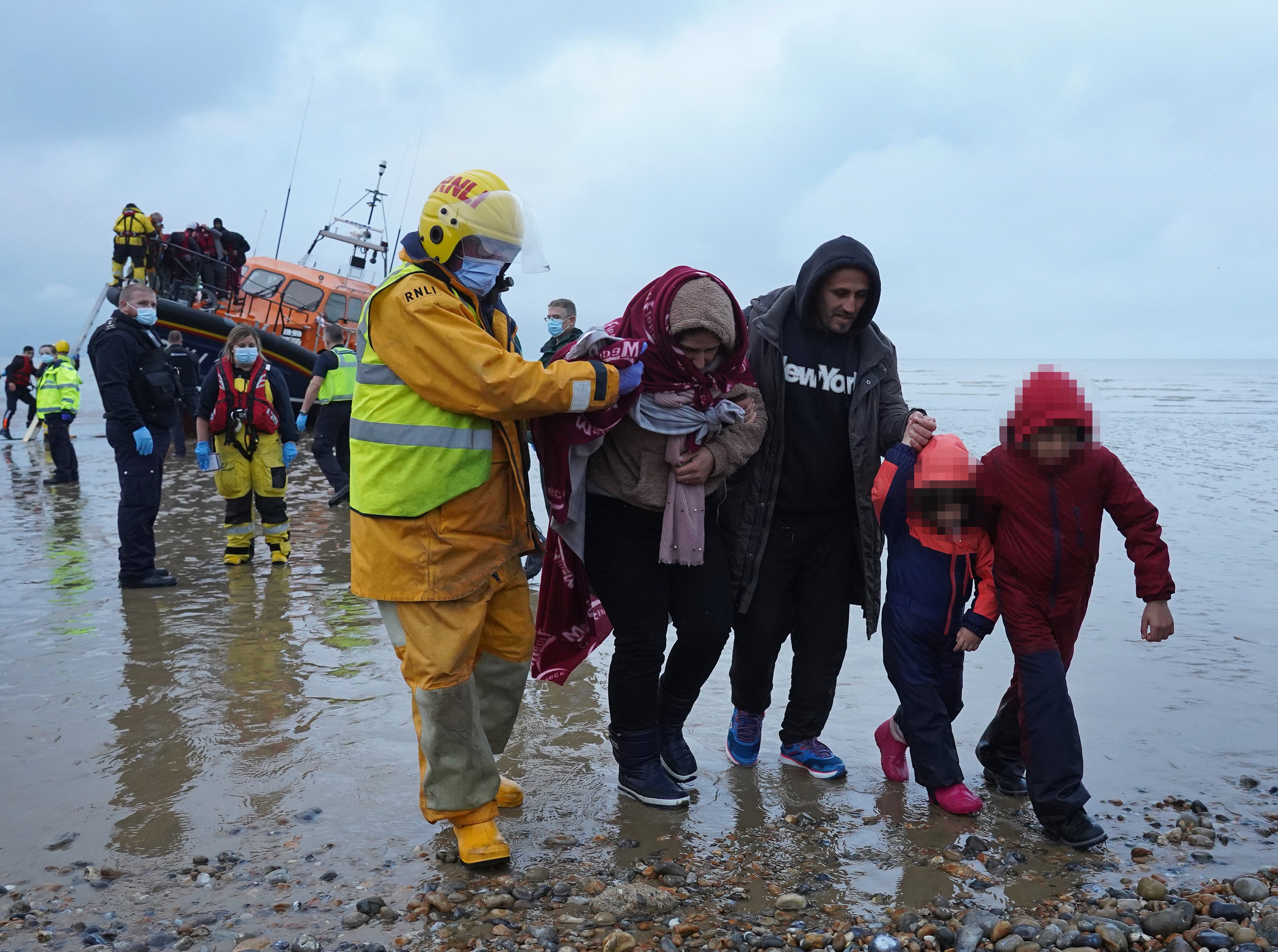I was forced to trust people smugglers because there’s no safe route for refugees
If there was a better way to seek asylum in other countries, I would choose that way, rather than risk my life

Your support helps us to tell the story
From reproductive rights to climate change to Big Tech, The Independent is on the ground when the story is developing. Whether it's investigating the financials of Elon Musk's pro-Trump PAC or producing our latest documentary, 'The A Word', which shines a light on the American women fighting for reproductive rights, we know how important it is to parse out the facts from the messaging.
At such a critical moment in US history, we need reporters on the ground. Your donation allows us to keep sending journalists to speak to both sides of the story.
The Independent is trusted by Americans across the entire political spectrum. And unlike many other quality news outlets, we choose not to lock Americans out of our reporting and analysis with paywalls. We believe quality journalism should be available to everyone, paid for by those who can afford it.
Your support makes all the difference.We left in the boat around midnight. We were around 16 adults and two kids, and there wasn’t space to move.
I was with four other guys I had met in Dunkirk, and the last words we said to each other before we set off were: “You know what, we have nowhere else to go. Either we make it, or we die tonight, and we end our suffering. Even if we die, it will be better than going back to Greece.”
For other people, Greece means nice food, nice people and beaches. But for me, when I think about Greece, I think about being beaten up and having my fingers broken while the police just watched. I think of how I slept outside for almost eight months in a tent or on the street. I think about not having food to eat. For me, Greece is not a safe country.
In the boat, there were people from lots of different countries, including Iraq, Iran and Syria. When the Syrian revolution began in 2011, I was a conscript in the national army. As Syria is a military dictatorship, we couldn’t find out what was happening from the news, but the majority of the people in my unit felt it was wrong to shoot civilians.
I ran away from the army and went to Afrin, which was held by the Kurds. As a Syrian Kurd myself, I was supportive of the Kurdish forces, and I would have been happy to help them in another role, but I still didn’t want to use violence or shoot someone, and I wasn’t given a choice. So, when they started conscripting young men there, I decided to leave.
Like many other Syrians in 2016, I tried to find safety in Europe. I made it as far as North Macedonia, but when I arrived, they had just shut the border. I camped there for almost four months, and ended up being deported to Greece.
Despite all my bad experiences there, I tried to make a life for myself for several years. I even tried to learn Greek, but the night school I went to couldn’t find a teacher. In the end, I just couldn’t make it work. I tried to go to Germany, but because of the Dublin Agreement, I couldn’t claim asylum in any other EU country, as they would just deport me back to Greece.
After about half an hour after we left France that night, water started coming into the boat, more and more of it, and we weren’t sure what to do. Some people had small plastic bottles, and we tried to empty the water out with them. Everyone was trying to be brave. Everyone was praying. Despite my words earlier, I was terrified that our boat would sink and it would be the last day of my life. Every time we saw a big ship crossing the Channel, we feared the waves could flip our boat.
After five or six hours, we crossed over into British water, but the waves just got bigger and bigger. One lady started crying and asking us to save her baby. It was something I wouldn’t even wish on my enemy. My point is that everyone in that boat was desperate – they didn’t have another choice. At this point, we called the British emergency services and asked for help. The moment we saw the boat coming closer, everyone started smiling and shouting.
To keep up to speed with all the latest opinions and comment sign up to our free weekly Voices Dispatches newsletter by clicking here
You’ve probably seen those pictures of the boats arriving on British beaches, and everyone kissing the ground and smiling. And yes, we were happy that we’d made it safely, and that none of us had died. But we were also scared, because we didn’t know what was waiting for us. I knew very little about the UK asylum system.
A year and four months later, I’m still waiting on a decision. I can’t work. I can’t even control the temperature of the room I sleep in. Still, it’s better than being on the streets in Greece.
If there was a better way to seek asylum in other countries, I would choose that way, rather than risk my life. I think smugglers are the scum of the earth. But we’re forced to go to these criminals, because the government doesn’t give us a safe way of seeking asylum. Arrest a smuggler, and another one will just take his place. If you want to stop smuggling, give people a safe way to find protection and start a new life.
Khaleel is a Syrian asylum seeker in the UK
Join our commenting forum
Join thought-provoking conversations, follow other Independent readers and see their replies
Comments